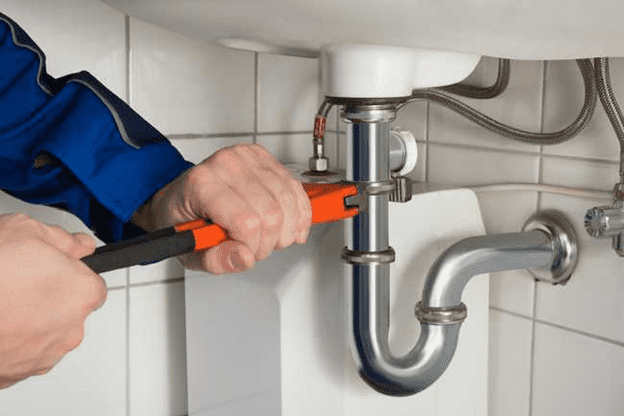In an average household, one person uses between 80 and 100 gallons of water in just one day. That might seem like a big number, but then imagine a whole families’ water usage.
Even worse, imagine the water being wasted if there is a leak you haven’t caught on to yet. On top of the potential mess that might come from a water leak, it’s a giant waste of money too.
Use these tips for leak detection in your home or cabin and prevent wasting money or having unnecessary water damage. Read on to see how you can check for water leaks in your home.
Monitor Changes in Your Water Bill
This may not be an immediate solution to identify a leak but it can provide you with valuable information. Look at your water bill over time.
If you don’t have any explainable differences in usage, yet you have a big jump in your water bill, you can guess you have a leak somewhere. This method might not tell you where the leak is. It does, however, tell you to go start looking for the leak.
Water Usage
The Environmental Protection Agency says the average family of four is not likely to exceed 12,000 gallons per month of water.
When you monitor your bill, look at your water usage. If your family exceeds 12,000 gallons per month or suddenly exceeds going from one month to the next, that’s a red flag you have a hidden leak somewhere in your house.
Use Your Water Meter
Your water meter moves when you have water moving. Use this to help you learn if you have a water leak. First, make sure all of the water in your home is turned off. Make sure the dishwasher isn’t running, sprinklers are off and the laundry is done.
Once you are sure there is no water running in your home, take a look at the water meter. If it is still moving, you likely have water running somewhere and it’s connected to a leak.
If the water meter doesn’t appear to be moving, don’t use any water for the next two hours. Then come back and check it again. If you really think you have used no water, then the meter should be in the same spot. If it has moved, then you might have a slow leak somewhere.
Check Exterior Water Sources
Check the exterior of your house for possible water leaks too. Check outdoor faucets and hoses for drips. If you have an irrigation system, walk around your yard.
If you find a spot in the yard that is consistently very wet, it’s likely there is a leak in your system.
Check Obvious Problems Areas
This might seem obvious but don’t forget to look in the most obvious spots. Listen to the toilet that might be running. Check under the sink and watch for moisture, mold, or musty smells. This indicates that water is sitting and collecting.
You also want to watch for faucet drips. While a few drips might seem significant, over time they can add up to a big expense in wasted water.
Get the Leak Detection Protection You Need This Cabin Season
Keeping your home water system running smoothly means careful monitoring for leak detection. You certainly don’t want to waste money or find yourself with a mess that a water leak can create. For more information on water detection services, contact us today. Our experts can help keep your home water safe.









